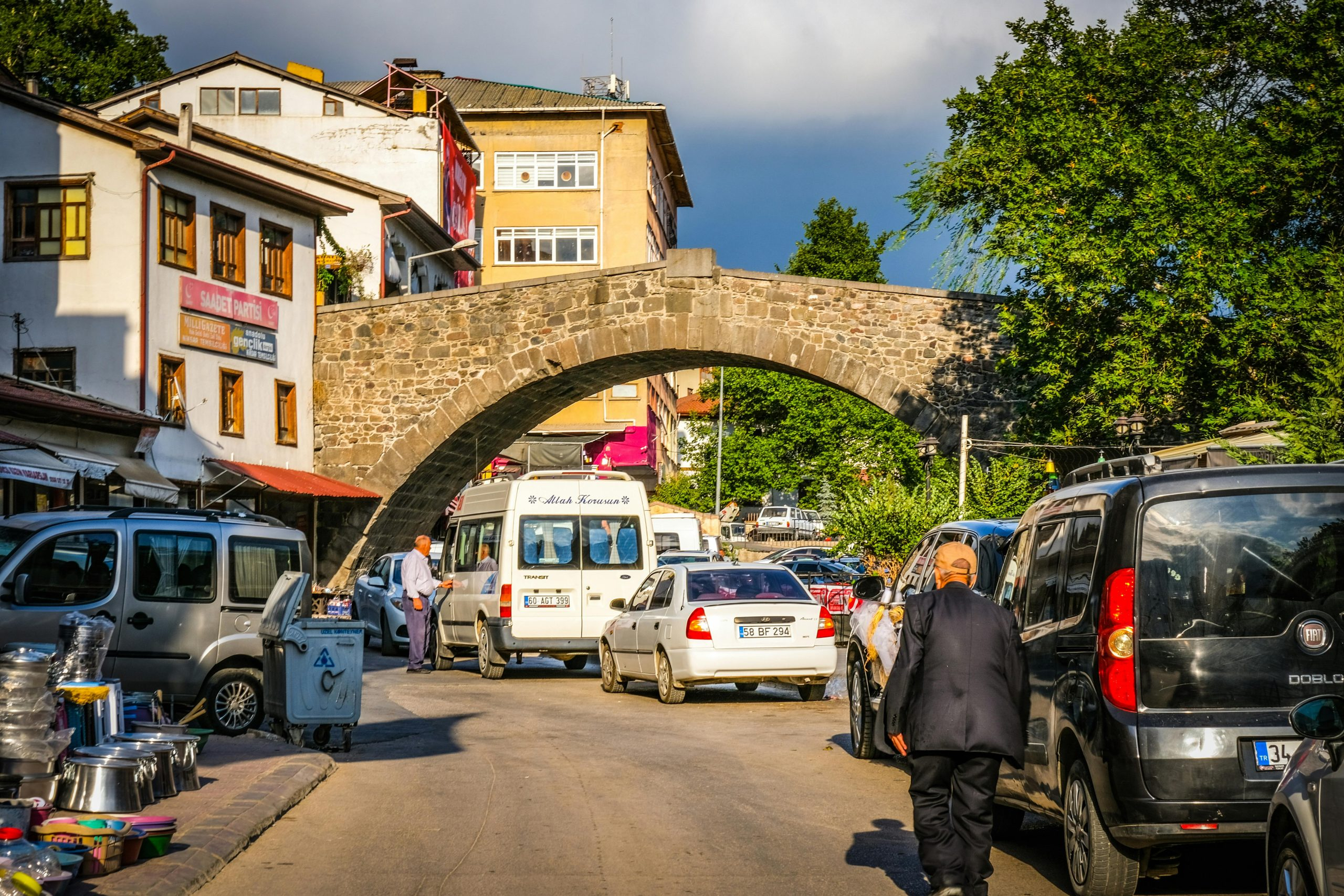Why Outdoor Camps Build Leadership and Social Skills
Outdoor camps have been a popular choice for children and teenagers for many years. They offer young people an opportunity to disconnect from technology and connect with nature. But did you know that these camps also have the power to build essential leadership and social skills? In today’s ever-changing world, developing these traits has become more important than ever. In this article, we will explore why outdoor camps are an ideal setting for developing leadership and social skills, and how they can positively impact young individuals in their personal and professional lives.
Why Outdoor Camps are the Perfect Place to Build Leadership Skills
1. A Hands-On Approach to Learning
Unlike traditional classroom settings, outdoor camps provide hands-on learning experiences. Campers are given responsibilities, such as setting up their tents, cooking meals, and navigating through challenging terrains. These tasks require individuals to think critically, make decisions, and work together as a team. Through these activities, campers learn how to take charge, delegate tasks, and lead their peers effectively.
2. Exposure to Challenging Situations
Outdoor camps are full of unpredictable situations, such as harsh weather conditions, physical obstacles, and demanding tasks. These challenges push campers out of their comfort zone and force them to adapt and overcome. As a result, individuals learn resilience, problem-solving skills, and the ability to think on their feet – all essential qualities of a strong leader.
3. Opportunities for Mentorship
Most outdoor camps have trained and experienced counselors who act as role models for the campers. These counselors not only guide the campers through various activities but also provide valuable mentorship. They encourage campers to step out of their shells, communicate their thoughts, and take on leadership roles. Having positive role models who embody leadership traits is a powerful tool in developing leadership skills in young individuals.
4. Foster Independence
Outdoor camps encourage campers to be independent and take care of themselves. They are responsible for their personal hygiene, food, and equipment. This freedom allows campers to make their own decisions and face the consequences of those decisions. From planning their daily activities to managing their time effectively, campers learn important life skills that are crucial for leadership development.
How Outdoor Camps Develop Social Skills
1. Diversity and Inclusivity
Outdoor camps bring together individuals from diverse backgrounds and cultures. It allows campers to interact with people they may not have met in their daily lives. This interaction promotes understanding, empathy, and acceptance, which are important social skills to have in a diverse world. Campers also learn to embrace and work with individual differences, making them more inclusive individuals.
2. Teamwork
In outdoor camps, campers must work together as a team to complete tasks and achieve goals. This teamwork creates a sense of camaraderie and teaches individuals how to cooperate and support one another. In these settings, campers also learn how to communicate effectively, listen to others, and compromise – important qualities when leading a team in the future.
3. Develop Communication Skills
Outdoor camps offer an environment with minimal distractions, where campers can practice their communication skills. They must communicate effectively with their counselors and fellow campers to ensure everyone’s safety and enjoyment. Campers also learn to express their thoughts and emotions in a healthy and respectful manner, improving their communication skills.
4. Encourage Social Interaction
In today’s digital age, it is easy for young individuals to become disconnected from the world and rely on virtual interactions. Outdoor camps, on the other hand, provide a space for real social interaction. Campers engage in activities, conversations, and games, without the aid of technology. This form of socialization promotes bonding, empathy, and the development of interpersonal skills.
Conclusion
Outdoor camps are more than just a fun summer activity. They offer a unique learning experience that can shape individuals for life. Through hands-on learning, exposure to challenges, mentorship, and fostering independence, outdoor camps build leadership skills. At the same time, exposure to diversity and inclusivity, teamwork, communication, and social interaction, helps to develop crucial social skills. By choosing to send young individuals to outdoor camps, parents can give their children the skills they need to thrive in the world. So, next time you consider an outdoor camp, remember the added bonus of developing essential leadership and social skills!










